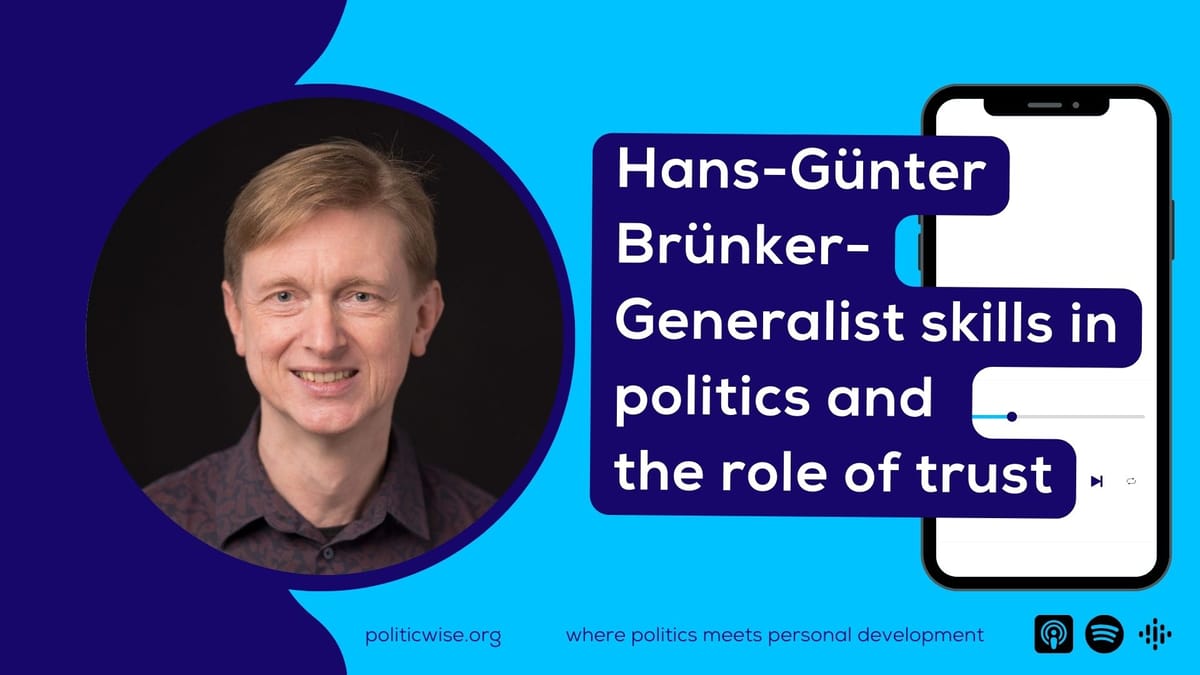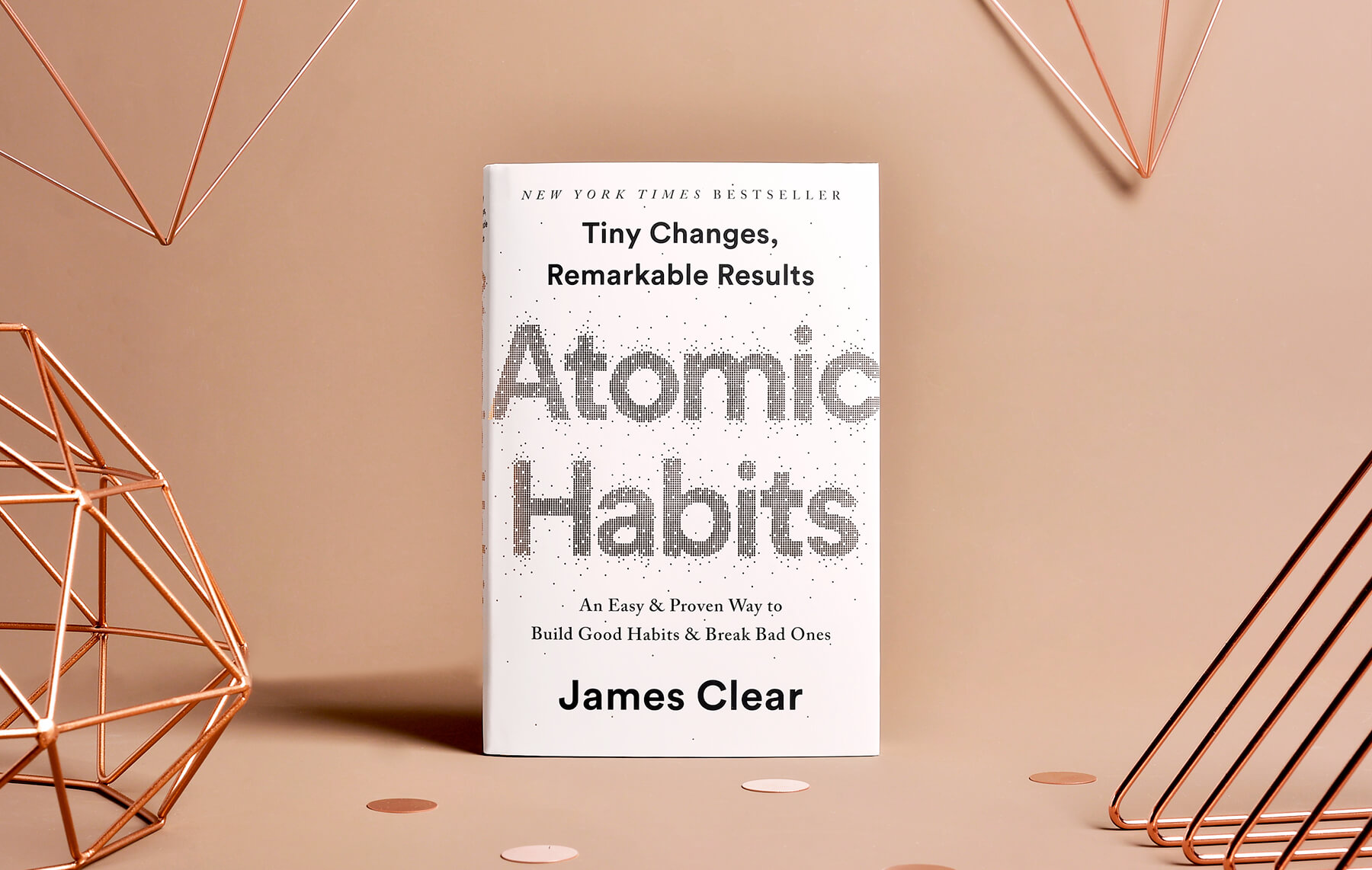Today, I'm sharing with you the 4th and last principle of habit-building:
Make it satisfying.
As a reminder, here are the four principles of habit-building.
- Make the cue obvious (or to break a habit: make it invisible)
- Make the craving attractive (or to break a habit: make it unattractive)
- Make the response easy (or to break a habit: make it difficult)
- Make the reward satisfying (or to break a habit: make it unsatisfying) - TODAY'S FOCUS
So, let's break it down:
What is rewarded is repeated. What is punished is avoided.
Actually it should say: what is immediately rewarded/punished.
Our ancestors lived in an environment, which - up until the agricultural
revolution - generally rewarded immediate rewards.
Today, we live in a delayed-reward environment. We are typically better off delaying gratification. The problem: we still have largely the same brain as our ancestors, one that is wired for immediate gratification.
What it means for habits?
We can increase the odds of following habits by introducing some immediate pleasure. For example: get a nice coffee as reward for some deep work in the morning.
Important: the short-term pleasure should not be at odds with the desired identity behind the habit. For example, don't get an ice cream for going to the gym if you went to the gym to be healthier.
Habit tracking
Tracking your habits is a powerful way to feel you are making progress:
- It visually acknowledges the small win of taking action
- Put an 'X' is satisfying in itself
- It makes the cue obvious: a row of 'X' in your calendar can trigger the next action.
Keep your measures flexible, the purpose is more important than the number.
We don't always follow through. Skipping once is OK, but get back to it as quickly as possible. Even if the action you're taking is pro forma and simply for the sake of reconfirming your identity.
Habit contract
If immediate reward helps us build good habits, immediate punishment helps us break bad habits.
A habit contract leverages social approval: make bad habits unsatisfying by adding an immediate, public punishment to bad habits or not following good habits.
It could be donating money to a bad cause, or reporting to a group of people you respect that you did not follow through.
So here we have it: 4 principles of habit-building.
In James Clear's words, this is how they help you build habits:
“The first three laws of behavior change - make it obvious, make it attractive, and make it easy - increase the odds that a behavior will be performed this time. The fourth law of behavior change - make it satisfying - increases the odds that a behavior will be repeated next time.” P193
🎙️ My latest podcast

📚 What I read & listen to

🖋️ My favourite quote
Action > Motion:
"There is a common mistake that often happens to smart people — in many cases, without you ever realizing it. The mistake has to do with the difference between being in motion and taking action. They sound similar, but they’re not the same. When you’re in motion, you’re planning and strategizing and learning. Those are all good things, but they don’t produce a result. Action, on the other hand, is the type of behavior that will deliver an outcome." - jamesclear.com

